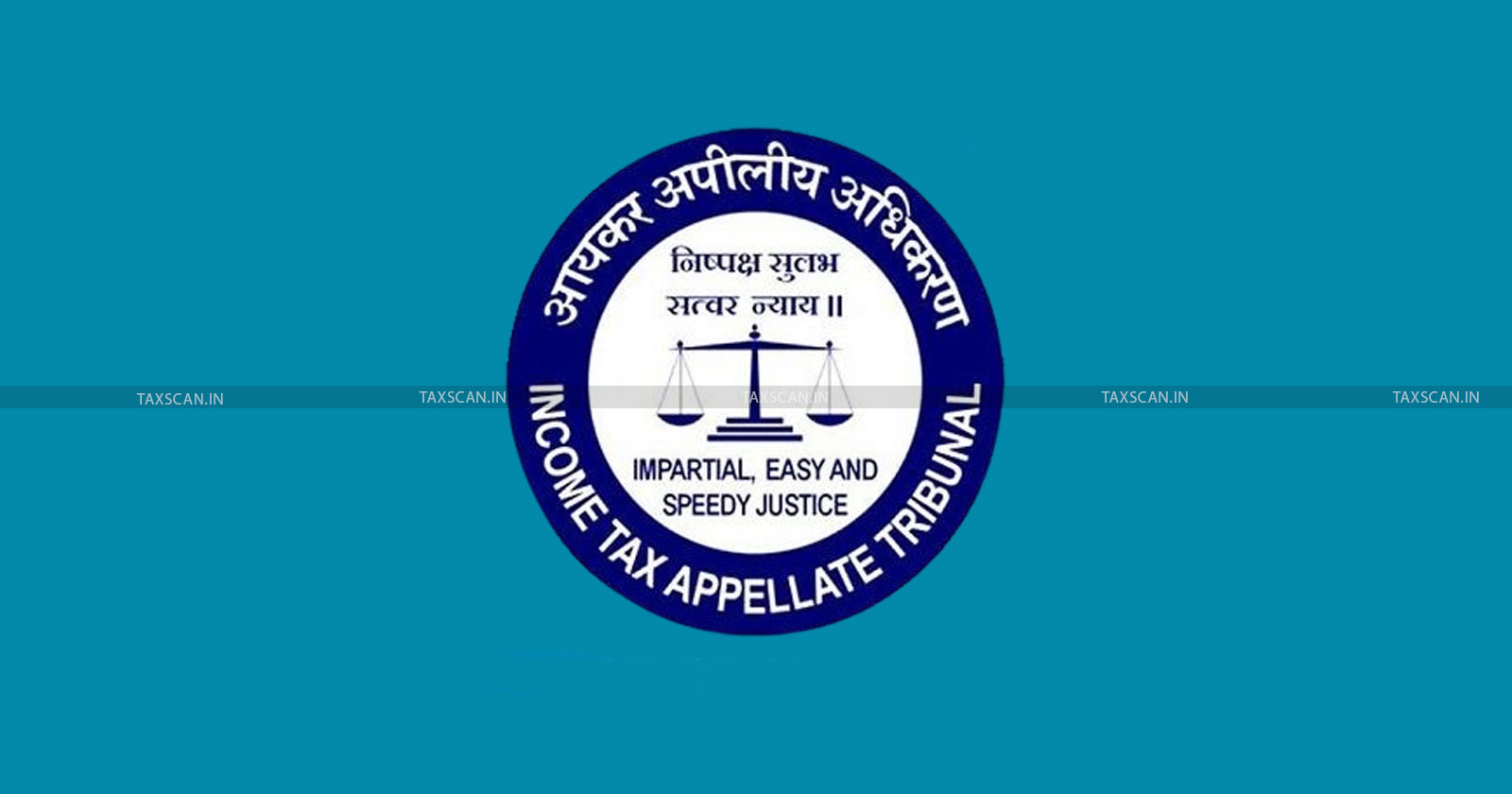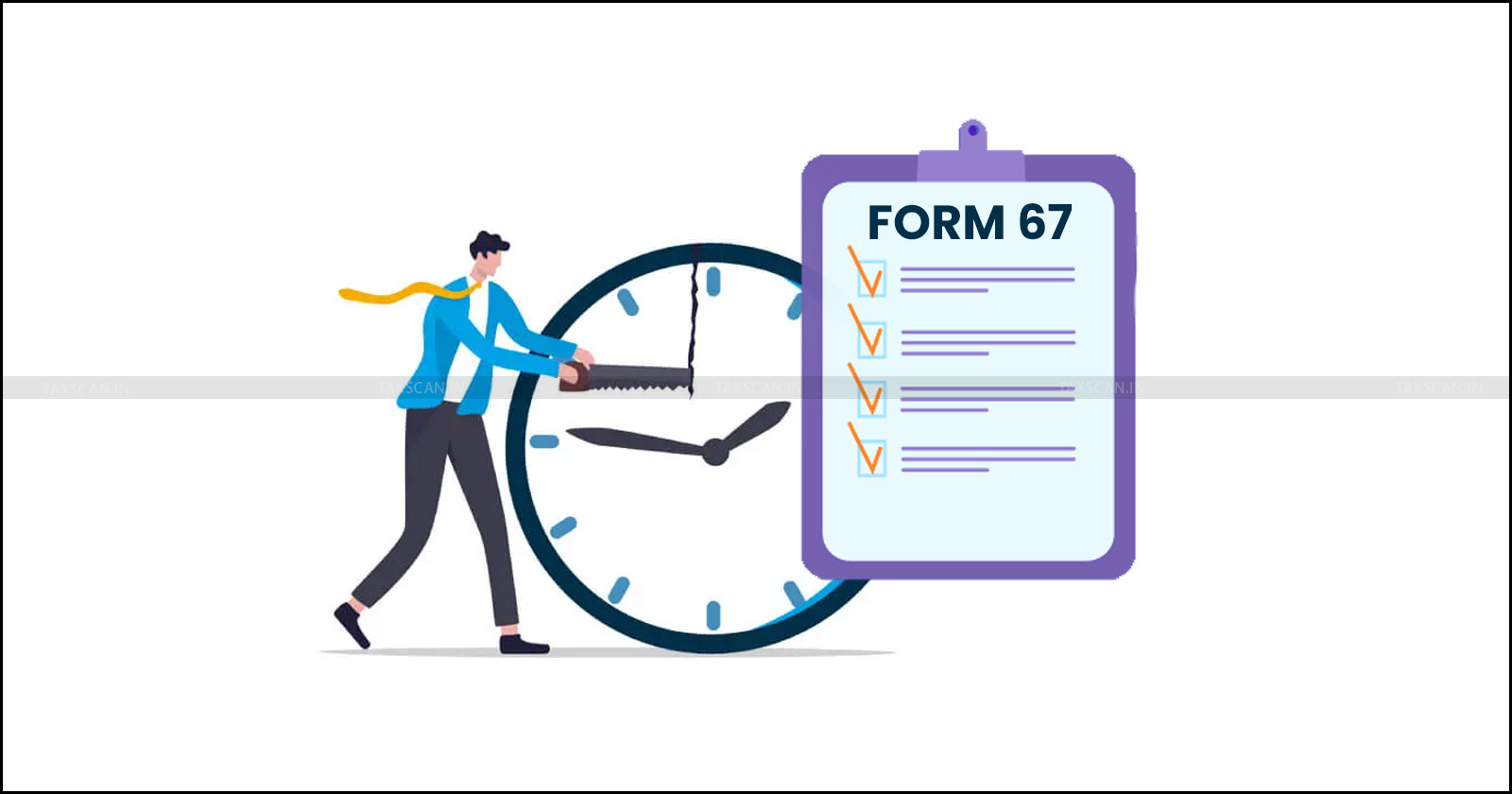Deferred Sales Tax Waiver is Taxable as Business Income Under Section 28(iv) of Income Tax Act: ITAT [Read Order]
The Tribunal upheld the taxability of a deferred sales tax waiver as business income under Section 28(iv) of the Income Tax Act.
![Deferred Sales Tax Waiver is Taxable as Business Income Under Section 28(iv) of Income Tax Act: ITAT [Read Order] Deferred Sales Tax Waiver is Taxable as Business Income Under Section 28(iv) of Income Tax Act: ITAT [Read Order]](https://images.taxscan.in/h-upload/2025/06/19/2050475-business-income-itat-taxscan.webp)
The Mumbai Bench of the Income Tax Appellate Tribunal (ITAT) has ruled that the waiver of deferred sales tax liability, prepaid at Net Present Value (NPV), constitutes taxable business income under Section 28(iv) of the Income Tax Act, 1961.
Oricon Enterprises Ltd. (assessee), a company faced scrutiny over the taxability of Rs. 90,22,491, credited to its profit and loss account as "miscellaneous income" following the prepayment of a deferred sales tax liability of Rs. 1,83,60,000 at an NPV of Rs. 93,37,509.
The Assessing Officer (AO) invoked Section 2(24)(xviii), as amended by the Finance Act, 2015, to treat the differential amount as taxable income. Aggrieved by the order of the AO, the assessee filed an appeal before the Commissioner of Income Tax (Appeals) [CIT(A)].
Want a deeper insight into the Income Tax Bill, 2025? Click here
 Also Read:CIT(A) Sustains Additions without Considering Virtual Hearing Request: ITAT Remands Matter for fresh Adjudication [Read Order]
Also Read:CIT(A) Sustains Additions without Considering Virtual Hearing Request: ITAT Remands Matter for fresh Adjudication [Read Order]
The CIT(A) upheld the decision of the AO. Aggrieved by the order of CIT(A), the assessee filed an appeal before ITAT. The assessee argued that the prepayment at NPV did not result in any economic benefit or "assistance" under Section 2(24)(xviii), as the amount paid reflected the present value of the future liability.
The assessee relied on the Special Bench decision in Sulzer India Ltd., and the Supreme Court’s ruling in CIT vs. Balkrishna Industries Ltd., asserting that the benefit accrued when the sales tax deferment was initially granted, not upon prepayment.
The assessee further contended that the amendment to Section 2(24)(xviii) did not alter the non-taxable nature of the waiver and cited Income Computation and Disclosure Standards (ICDS) to argue that no taxable income arose.
The two-member bench comprising Beena Pillai (Judicial Member) and Omkareshwar Chidara (Accountant Member) held that the waiver of Rs. 90,22,491, resulting from prepaying the deferred sales tax liability, constituted a quantifiable benefit under Section 2(24)(xviii) of the Income Tax Act.
 Also Read:Slight Delay in Filing Form 67 Cannot Take Away DTAA Benefit: ITAT Grants Relief to Microsoft Employee for Salary Received in US [Read Order]
Also Read:Slight Delay in Filing Form 67 Cannot Take Away DTAA Benefit: ITAT Grants Relief to Microsoft Employee for Salary Received in US [Read Order]
How to Audit Public Charitable Trusts under the Income Tax Act Click Here
The tribunal observed that the amendment was introduced to align tax provisions with ICDS and eliminate litigation by taxing all government grants, subsidies, or concessions, except those related to asset acquisition or specific trust corpora.
The tribunal noted that the assessee had collected Rs. 1,83,60,000 in sales tax over ten years under the Maharashtra State Government’s Package Scheme of Incentives, which allowed deferment to promote industrial development in backward areas.
The tribunal observed that the assessee’s financial statements showed loan interest payments, suggesting that prepaying the sales tax liability reduced financial strain, providing an additional economic benefit.
The tribunal held that the deferred sales tax waiver is taxable as business income under section 28(iv) of the Income Tax Act. The appeals of the assessee were dismissed.
Support our journalism by subscribing to Taxscanpremium. Follow us on Telegram for quick updates


